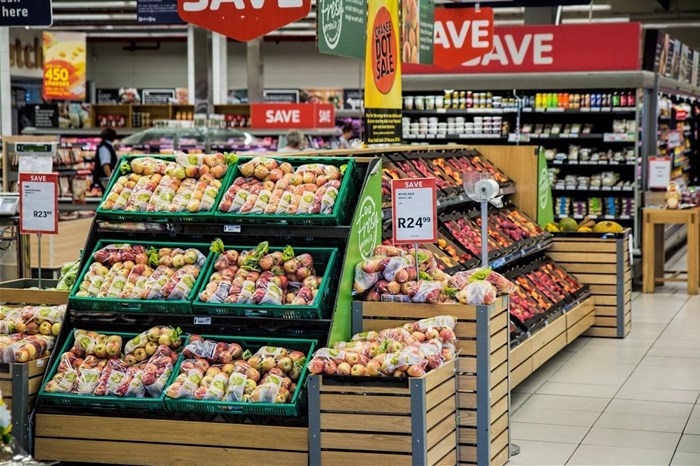
Top stories





Marketing & MediaWarner Bros. was “nice to have” but not at any price, says Netflix
Karabo Ledwaba 1 day

More news

Logistics & Transport
Maersk reroutes sailings around Africa amid Red Sea constraints

















The purpose of the Essential Goods Exemption is to allow certain forms of concerted conduct that may otherwise be prohibited under the Competition Act (in particular, section 4 which prohibits conduct amongst competitors and section 5, which prohibits conduct between suppliers and customers).
The Essential Goods Exemption applies to a category of agreements or practices amongst firms in the value chain (i.e. production, distribution and retail) in response to disruptions to the supply chains of essential goods within the country, solely for the purpose of:
Essential goods have been defined as food and consumer items, emergency products, medical and hygiene supplies (including pharmaceutical products), refined petroleum products and emergency clean-up products.
Importantly, essential goods suppliers must notify the Department of Trade, Industry and Competition and the Competition Commission of actual or anticipated shortages and the need to engage in such practices. The category of agreements or practices exempted broadly relate to:
The Essential Goods Exemption does not exempt price-fixing and collusive tendering in respect of essential goods and inputs used in the production of essential goods or authorise any discussion of the pricing of essential goods and the pricing of inputs used in the production of essential goods.